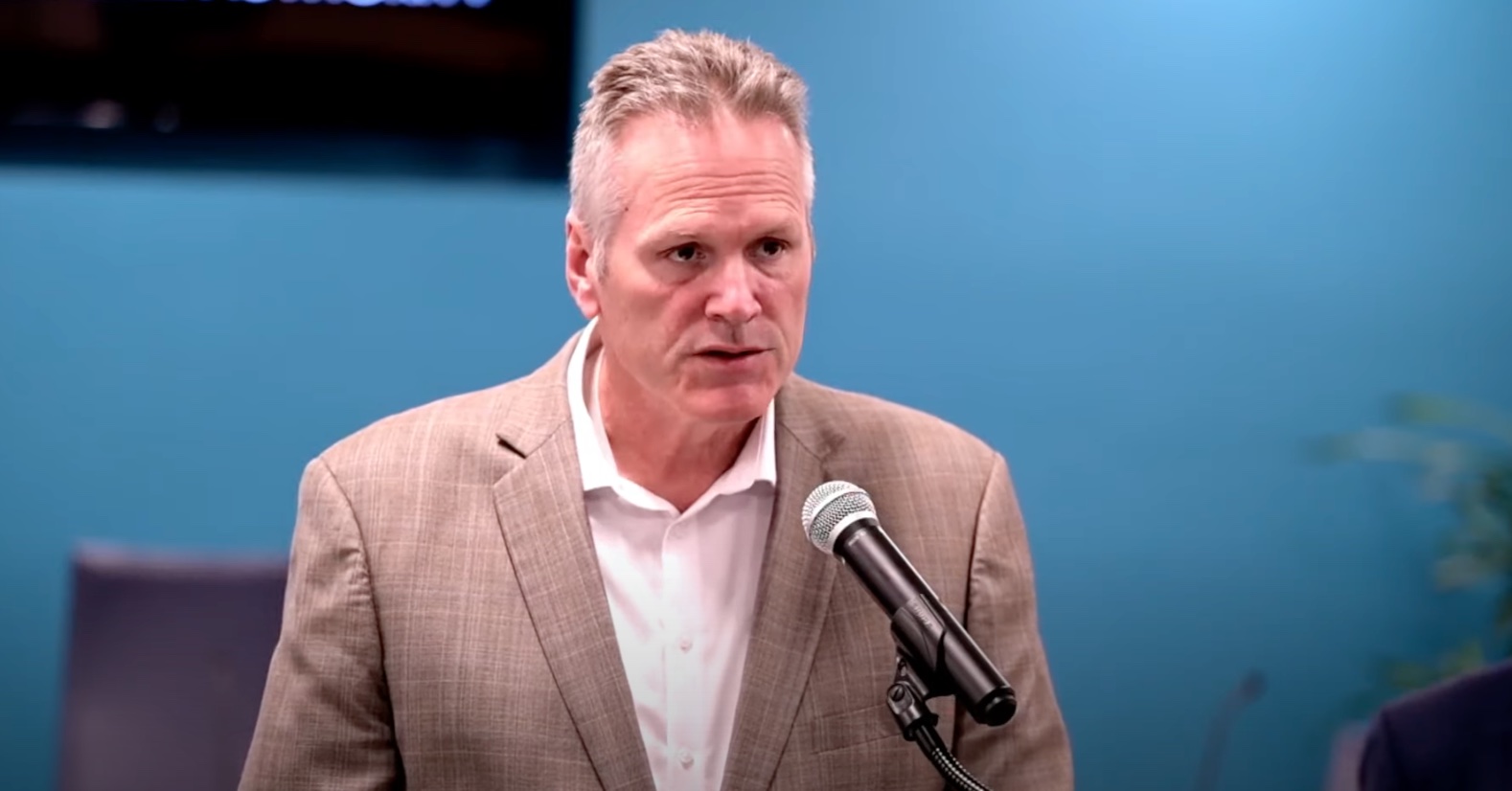By MICHAEL TAVOLIERO
A bunch of my friends and I got together in the beginning of 2019 and formed Eaglexit. Eaglexit is an organization founded to educate the citizens of Anchorage’s Assembly District 2 (Eagle River and Chugiak) on the realities of detaching from Anchorage and incorporating as its own municipal government. This idea has been around since the early 1970s.
Education on the topic of Alaska’s local government and the fundamentals to form a local government, especially in these times, is critical to understanding how local government will work for its constituents rather than the current reality of constituents working for their local government.
What was fascinating were the responses we encountered in our journey to provide local government education to one of the most “conservative” communities in Alaska.
When considering our approaches to informing our neighbors, we discovered that often conservatives were more rigid and resistant to change and preferred clear answers. What was a bigger surprise was conservatives weren’t as interested as I thought they would be to find out for themselves the answers to their own questions.
On the other hand, the liberals we engaged were more flexible and tolerant of our mission. They were curious, but also weren’t motivated to discover answers to their own questions.
Both groups were hesitant about change and reluctant to discover what it would bring.
I’m not saying that either one is smarter than the other. Everybody is different. It is just how wiring has evolved over their lives.
The result is conservatives lean to more structured and persistent cognitive styles, while liberals are likely to draw from that “aha” moment. In many ways they end up with the same conclusions, but their journeys take them down different paths.
Regardless of political persuasion, most of the good people of Assembly District 2 are working. They are providing for those they love. They are taking care of their families. Most working couples in Assembly District 2 don’t have time for extra activities. They work with their heads down with one purpose…to enjoy the company of those they love. They work and live because time for them is a precious resource, which cannot be recycled.
With the responsibilities of raising a family and working, there is scarce opportunity to engage in community involvement, which poses a challenge as the limited time available often results in ignorance and apathy.
Ignorance and apathy manifest as pseudo-somnambulation. For most of us, we “wake up” only when something affects us personally and by then it is often too late.
The majority who spoke supportively and wanted us to get the job done supported us through donations and kept us moving in the right direction. Thank you.
We are now about to submit working documents to the Alaska Local Boundary Commission. But even now after almost four years, I find newcomers who will ask the standard question, “Will my taxes go up?”, and some who declare, “I don’t get involved in politics.”, and only a few who say “I’m not interested.
For those that ask, “Will my taxes go up?”, my answer is no. Under our analysis, property taxes will go down. As you will see in the following paragraphs, property taxes through the municipality of Anchorage have gone up tremendously in the past few years.
More to the point and to answer that question, in 2019, the value assigned by the Municipality of Anchorage in Assembly District 2 to taxable real property assessments less exemptions was $3.706 billion. Add in the business property inventory tax assessment of $80 million, the total was $3.786 billion. All combined, the total property taxes for Assembly District 2 came to $58.687 million.
In 2022, the value assigned by the Municipality of Anchorage in Assembly District 2 to taxable real property assessments, minus exemptions, was $4.178 billion. Add in the business property inventory tax assessment of $91.991 million, this added up to $4.27 billion. Total property taxes for Assembly District 2: $67.959 million.
The increase in total property assessment from 2019 to 2022 for Assembly District 2 was 12.78%
The increase in total property taxes from 2019 to 2022 for Assembly District 2 was 15.75%.
I urge you now: It’s time for all of us to wake up and get involved.
With the utmost respect regarding those that state, “I don’t get involved in politics,” examine our historical record of the last decade. Politics have raised our taxes, duplicated services, inefficiently spent our tax dollars and left a questionable future for our children.
There are those who are not interested in politics, either because they find it boring or because they do not see how it directly affects their lives. Some feel that their political engagement will not make a difference, and therefore choose not to engage in political discussions or activities.
But the overwhelming reason for not getting involved is fear.
Some don’t like conflicts and potential arguments with others, especially friends and family, which political activity will invariably create. Many of us fear being judged or criticized for our political views and avoid politics completely. With that, we become resistant to change.
It’s important to note that while people might say they don’t “do” politics, it is difficult to completely disengage from politics because it affects many aspects of our lives, such as healthcare, education, employment, and more.
For those who insist they are not interested, I’ll leave you with Plato’s warning of almost 20 centuries ago:
“The price good men pay for indifference to public affairs is to be ruled by evil men.”
Michael Tavoliero is a realtor in Eagle River, is active in the Alaska Republican Party and chaired Eaglexit.









